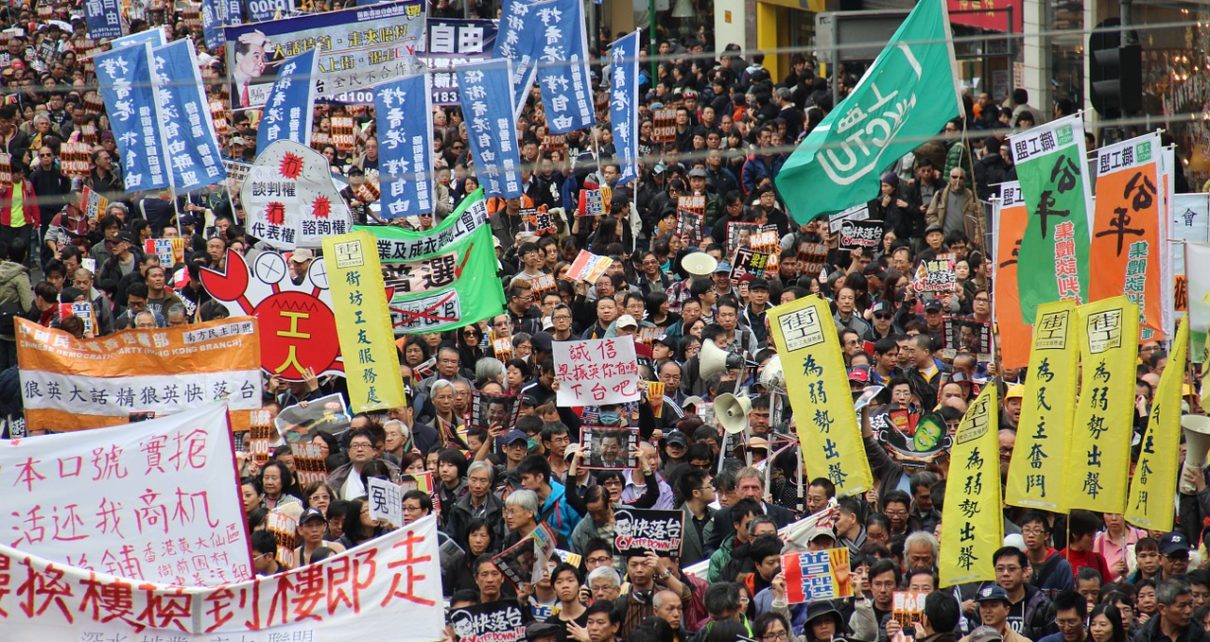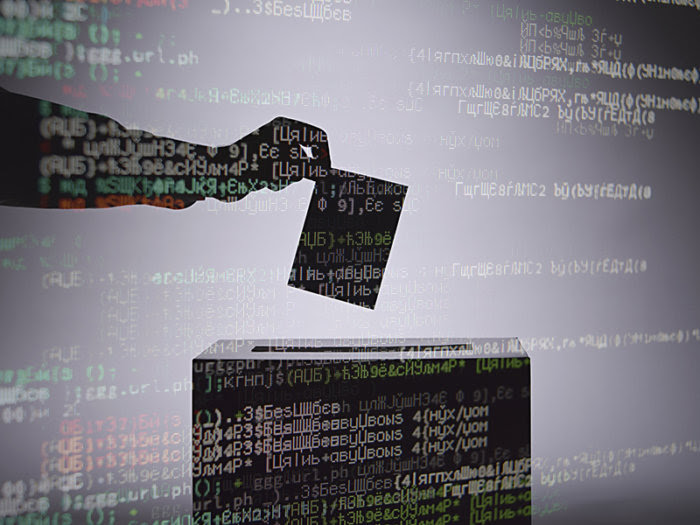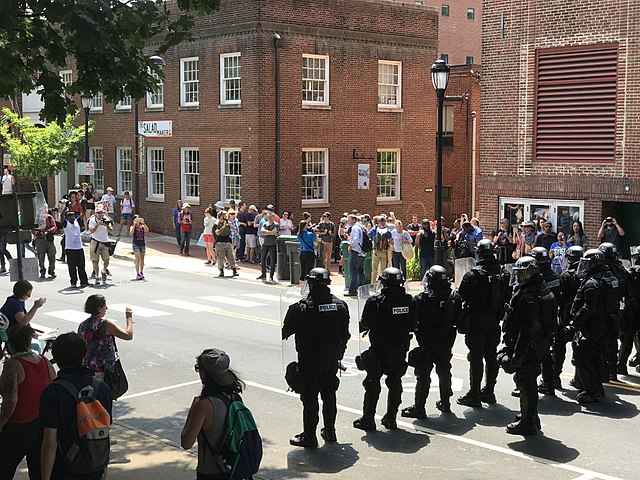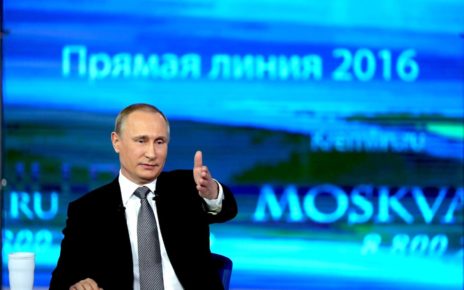Between March and October of 2020, 17 countries passed new laws aimed at stifling the spread of online misinformation. Citing the increasingly contentious pandemic-related content as a primary justification, multiple governments and distinctly authoritarian regimes cracked down on critics and limited individual expression under the pretense of maintaining social stability. Hong Kong is keen to follow. Influenced by this recent wave of misinformation legislation, the region’s leadership aims to plug “loopholes” present in its current framework, such as the Personal Data Privacy Ordinance. Bolstered by the recent civil unrest, Hong Kong’s Chief Executive Carrie Lam, in her first Legislative Council address of 2021, cited the need to stop the dissemination of false content after “protests roiled the city in 2019.” These binate justifications generate an environment in which citizen’s rights to freedom of speech are not “absolute,” serving to exacerbate the already established priority of sustaining “public order” whilst promoting patriotism.
Although no draft has been produced, the prospect of a “fake news” law and its implications are worth considering. Amid the pandemic and social unrest, it is undisputed that “doxxing, hate speech and fake news” proliferated in the region. Despite this, novel legislation directly targeting misinformation may not be the correct solution. Critically, who determines what is fake? How is this determined? What behaviour warrants criminal sanction? Taken in tandem with the social environment generated by the promulgation of the 2020 National Security Law, clarifications to these questions pose bleak prospects for an increasingly less free and undemocratic society.
Who decides what is ‘False’?
Articulated under the notion of transparency and reducing speculation among the citizenry, Secretary for Home Affairs Caspar Tsui told the Legislative Council that the legislation held the explicit aim of combatting the spread of false information and monitoring political discourse.
Regulating speech is nothing new, however. Despite not maintaining a distinct “fake news” law, Hong Kong has retained criminal libel mandates, recently reviving obsolete measures to combat the spread of false information. For instance, under the Summary Offences Ordinance (228), police arrested a Security Guard for using his phone to spread “false information,” causing undue anxiety amongst the public. Specifically cited with circulating an audio message on his phone to encourage the public to refrain from visiting the mall in which he worked due to absent staff members, the arrest on February 1st, 2021, noted the first time an individual had been prosecuted in this manner since the ordinance’s inception in 1933. Critically however, intent was never proven, with the notion of “knowingly” spreading false information being superseded by legal arguments that emphasized the “chaos” that was considered to be generated. Consequently, despite stressing the point that only false “statements” would be prosecuted, opinions and individual perspectives may be misconstrued and appropriated under an increasingly coercive political context.
The introduction of such a targeted “fake news” law substantially risks limiting the freedom of the media and individual expression of the Hong Kong citizenry. Characterized as “broad, vague measures,” these would effectually curb the freedom of the press and of free speech more generally. Defined as a “fake news” law, it would inherently criminalize free speech and allow the government almost “unfettered power to censor dissent.” Such contentions are generated through the Singaporean Protection from Online Falsehoods and Misinformation Act, a bill passed in 2019, which Hong Kong has cited as a foreign “[influence]” for its proposal. In Singapore, the government holds the exclusive right to take down or provide a “warning label” to content deemed misleading. In doing so, however, corporations are not held liable, as is present in France and Germany around “racist” content and as such, no concrete definition is espoused for what constitutes what is false, or even “misleading.” Even if France and Germany were used as influences, the justification of Hong Kong’s law under such a guise would prove to further mislead the public.
Although a “narrow” legal scope may serve to quell this issue, the current proposal is fundamentally misguided. When bolstered by the National Security Law, the law is seen to inherently contain vague mandates, targeting “patriotism,” with final discretion being left to government officials. In doing so, the law would not directly address misinformation or indeed “fake news,” but rather “target opposition” views and stifle dissent. Aimed at cracking down on “news websites, social media groups and private chat groups” that became the “control centre” of the anti-government protests, the law would inherently bias against dissenting views. Further, when conceptualizing misinformation and defining what constitutes as “false”, misleading content, the law is likely to increasingly expunge separatist or seditious messages. Under Article 54 of the Basic Law, Hong Kong citizens have the “duty to safeguard the security, honor and interests of the motherland” and must not commit acts “detrimental” to it. In defining misinformation along these lines, not only does the government critically limit individual’s freedom of speech, but further contradicts the civil rights guaranteed under the Hong Kong Constitution (Basic Law). As Eva Pils notes, this contention contradicts China’s commitment under the Sino-British declaration of 1984 to safeguard the rule of law in Hong Kong.
“Fake news” and the National Security Law
The National Security Law already acts as an overarching means to not only define but quash the spread of what the government deems to be “fake news.” For example, the slogan “Liberate Hong Kong, Revolution of our Times,” has been banned as the government deemed it to harbor “[separatist]” connotations. When taken literally however, such a meaning is explicitly evident, with no reference provided to the Mainland or individual desires to secede. Furthermore, given the multitude of arrests under the National Security Law, including 53 arrests made in one day on January 6th of this year, such an interpretation should be arrived at sub judice, and not at the discretion of public officials. Critically, this extended government oversight exemplifies a growing solidification of the non-separation of powers present in the region, whereby the judiciary is seen to not be independent of the executive, fundamentally undermining the “autonomy guaranteed” under Hong Kong’s Basic Law and necessitating political considerations in judicial decision making. Consequently, claimants’ statements that the Security law engendered an increasingly “free, safe and peaceful [city],” can be seen to be unfounded and idealistic at best.
Concerns over whether the National Security Law limited personal freedoms should consequently be articulated in considering the proposed misinformation legislation. Teachings of the National Security Law in the liberal studies program for instance will seek to impart the narrative that the promulgation did not “diminish Hong Kong people’s rights and freedoms.” The need for such a mandate fundamentally showcases the underlying limited freedom experienced and the aim of a singular political narrative. Further, recent amendments to the Oaths and Declarations Ordinance have aligned such requirements with the National Security Law, allowing legislators to disqualify district councillors if they are found to be “not patriotic enough” or a threat to national security. If such underlying commitments are transposed to the “fake news” legislation, then the scope of what constitutes misinformation will be fundamentally political and fallacious.
Considering the current political context generated by the National Security Law, the promulgation of an additional “fake news” law is concerning. If further measures are taken to legitimize the government’s ability to not only intervene but hold individuals and organizations criminally liable for projecting personal opinions, then the fundamental liberties guaranteed under the Basic Law will be vacuous. “Speculation” should be reduced and genuine efforts should be taken to combat the spread of misinformation. Identifying an intent to spread fake news is crucial and channels in which content can be screened should be developed. An investment in fact-checking institutions, open news sources and promoting public education on the media should be prioritized.
Ultimately a legal solution may not constitute the best one. When pursued through broad and uniquely vague measures, as directed by the National Security Law, political repression is inevitable. Whilst the goal of “peace and stability” is universal, when this vision comes to be defined by a patriotism to the Mainland, individual liberties are critically curbed. If enacted, legislation should be “reasonable” and fair. But, due to the lack of political opposition in the Legislative Council and the government’s ability to pre-empt judicial review through the National Security Law, prospects of this are slim. Recalcitrant perpetuators of misinformation should be punished; however, the government should be careful not to equate such actors with those seeking to provide genuine alternate views.
Cover photo: Hong Kong China New Year March from pixabay. Public Domain.
Disclaimer: Any views or opinions expressed in articles are solely those of the authors and do not necessarily represent the views of the NATO Association of Canada.




